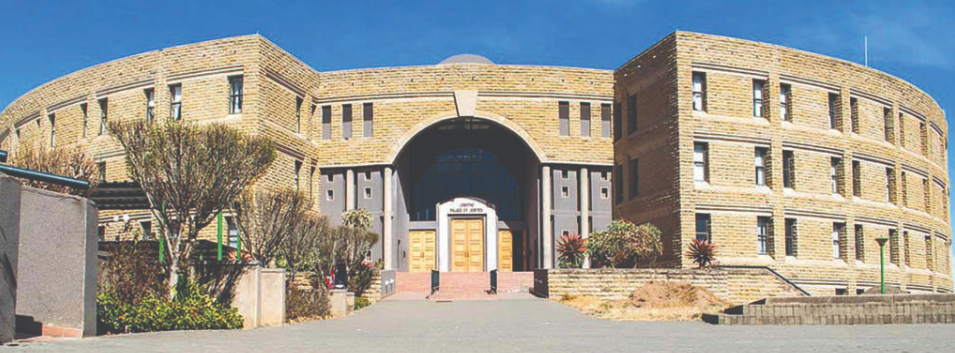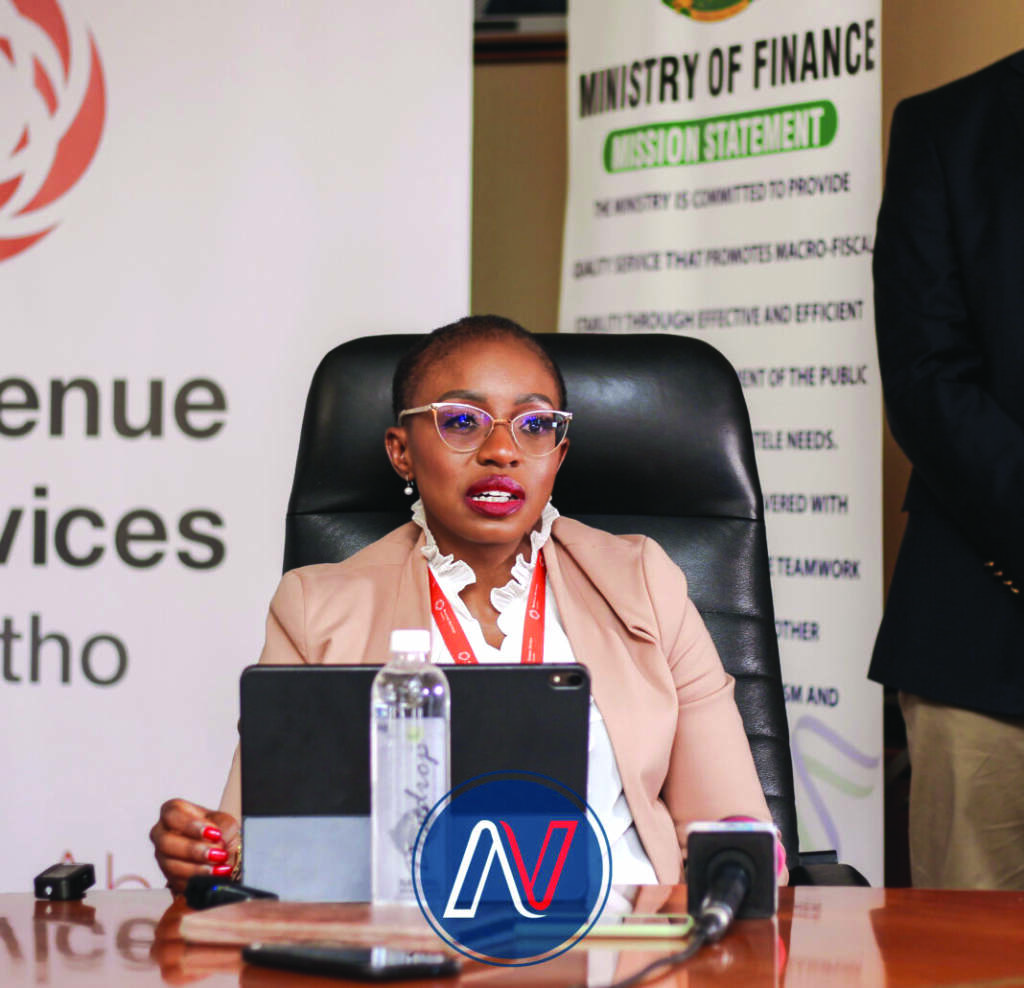Lehlohonolo Motšoari
The High Court Registrar, ‘Mathato Sekoai, and human rights organisation SECTION 2 are embroiled in a heated dispute over the recent implementation of the High Court Civil Litigation Rules, 2024, which have seen stamp duty fees skyrocket.
The new rules, which introduced significant increases in court fees, have drawn sharp criticism from SECTION 2, an organisation committed to advocating for the rights of marginalised groups in Lesotho. The organisation argues that the fee hikes, some of which have soared by as much as 1100 percent, will severely restrict access to justice for the poor.
SECTION 2 expressed deep concern over the increases in a letter addressed to the Registrar on July 29.
It contended that the hikes, some of which saw fees rise by as much as 1100 percent, were implemented without proper consultation and would disproportionately affect the poor.
“It is a trite principle of law that justice must not only be dispensed with expeditiously but must also be allocated cheaply,” SECTION 2 argued, emphasising that the steep price increases could make justice inaccessible to those who cannot afford the higher fees.
The pressure group highlighted specific examples of the price hikes, such as the fee for filing a Replying Affidavit, which surged from M5.00 to M60.00, representing an astonishing 1100 percent increase.
Other significant hikes included the Petition fee, which jumped from M25.00 to M80.00, and the fee for a Notice of Motion, which increased from M25.00 to M80.00, both reflecting a 350 percent increase.
SECTION 2 further argued that these increments violated constitutional principles of non-discrimination and equal access to justice, stating: “It is common cause that nothing has really changed for the better in terms of Basotho social, economic and welfare needs so as to legitimately validate the aforesaid increments. The principles of necessity and proportionality militate against these increments. They are unjustified.”
The organisation pleaded with the Registrar to reverse the hikes and to consider setting new rates after conducting proper research into the socio-economic capacity of Basotho and consulting with relevant stakeholders.
They warned: “These rules come at a material time when the Government has declared that at least 700,000 Basotho are facing hunger and poverty. Otherwise, we shall have no alternative but to go uphill and seek justice from you, against you, and in your own Court.”
In a firm response dated August 8, Sekoai dismissed SECTION 2’s concerns, labeling the fears as misplaced.
“Particular attention is paid to paragraph 5 thereof where you complain that ‘stamps prices have ridiculously been raised… without any consultation…’ and paragraph 8 where you ‘pray’ for the reversal of the increments and that they be fixed anew,” Sekoai said.
She continued: “While it is appreciated that the feeling is that the rates do not take into account certain groups of people in society, which is not even a fact, it is indeed regrettable that they are found ‘ridiculously’ high.”
Addressing the concern that the rules disregard the poor’s access to justice, Sekoai pointed to Part 5 of the rules, which deals with assistance to indigent litigants.
“Rule 36 gives the Registrar the power to permit a person, on application, to sue or defend without any payments of fees either to the court or to the deputy sheriff,” she noted.
Sekoai argued that Rule 36 adequately addresses the issue, and concluded: “You will agree that Rule 36 settles the matter and that as a result, there is no need for the reversal of the rates on account of poverty or inaccess occasioned by it.”
Rule 36 stipulates that any person who writes to the Registrar requesting permission to sue or defend as a pauper, alleging inability to pay the fees of the action, shall have their financial means assessed by the Registrar.
The Registrar, according to the rule, shall require the person to provide evidence under oath, either in person or by affidavit. If the Registrar is satisfied that the person lacks sufficient means to finance their action, the case is referred to a legal practitioner for consideration.
Should the legal practitioner certify that the person has a bona fide claim or defense with a reasonable prospect of success, the Registrar shall grant permission for the person to sue or defend without any payment of fees either to the court or to the deputy sheriff.
The Registrar will then assign the certifying legal practitioner to the person, with the legal practitioner prohibited from charging fees for any work done in the conduct of the case.
Summary
- “While it is appreciated that the feeling is that the rates do not take into account certain groups of people in society, which is not even a fact, it is indeed regrettable that they are found ‘ridiculously’ high.
- “Rule 36 gives the Registrar the power to permit a person, on application, to sue or defend without any payments of fees either to the court or to the deputy sheriff,” she noted.
- “You will agree that Rule 36 settles the matter and that as a result, there is no need for the reversal of the rates on account of poverty or inaccess occasioned by it.

Your Trusted Source for News and Insights in Lesotho!
At Newsday Media, we are passionate about delivering accurate, timely, and engaging news and multimedia content to our diverse audience. Founded with the vision of revolutionizing the media landscape in Lesotho, we have grown into a leading hybrid media company that blends traditional journalism with innovative digital platforms.









